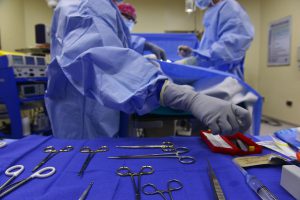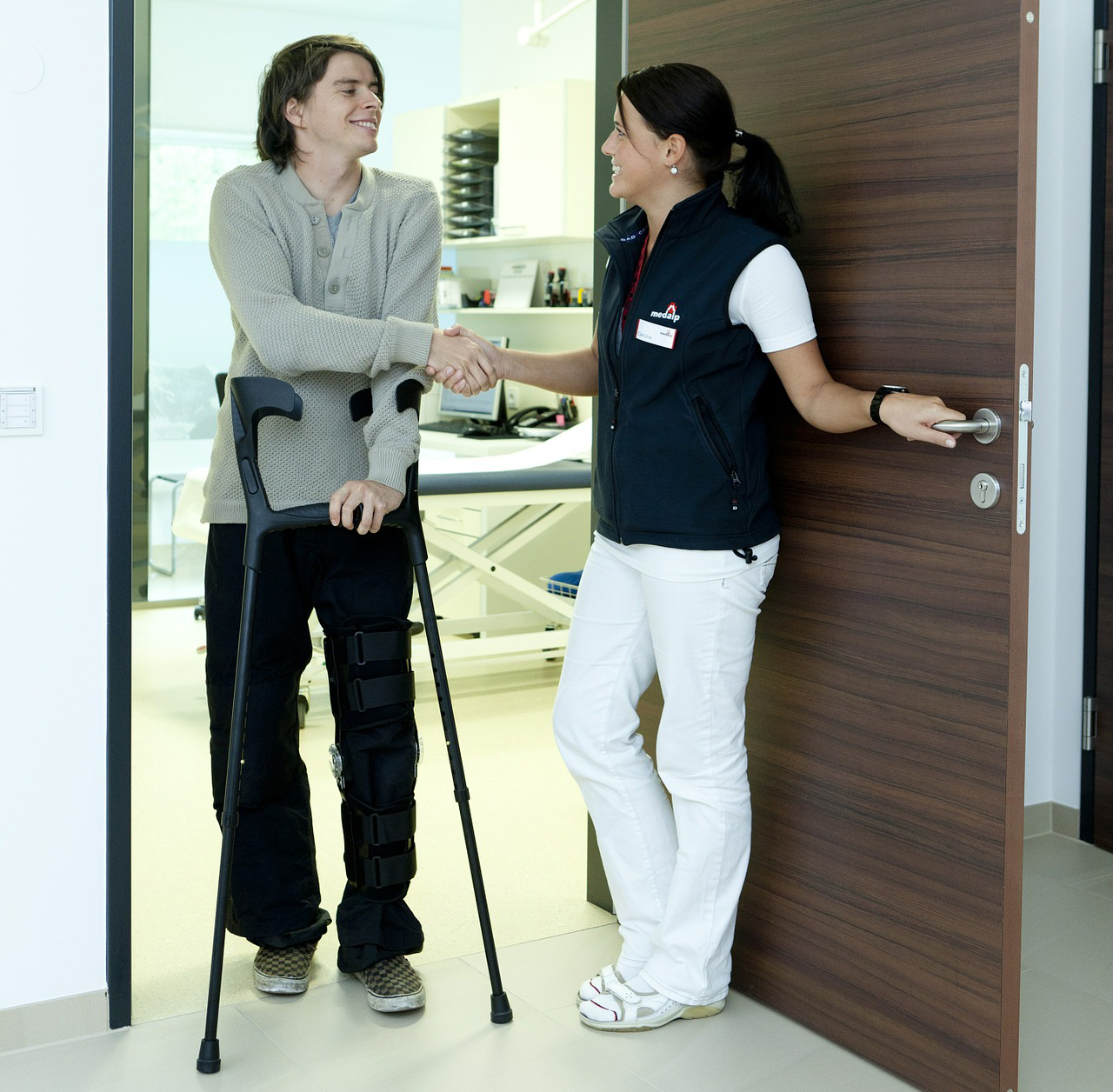Thanks to advances in medicine, surgery isn’t such a scary process anymore. Gone are the days of Wild West barber-surgeons and grotesque equipment like the trepanning saw. Today, we have clinics like Longview’s Pacific Surgical Center (PSC) which provide skilled treatment on an efficient, outpatient basis. Pre- and post-operative care is done on-site and you’ll be home to sleep in your own bed that night.
But that doesn’t mean you can rush recovery. All procedures come with strict instructions on how to best speed successful healing. Following a few simple steps means you’ll be back to 100% in no time.
Recent statistics show that of 17.2 million surgeries, “Over half of these visits (57.8 percent) occurred in a hospital-owned ambulatory surgery (AS) setting, and the remaining (42.2 percent) were inpatient.” Johns Hopkins Medicine reports that “There are many advantages of outpatient surgery over traditional, inpatient surgery. These include the following: convenience, lower cost, reduced stress, [and] scheduling is more predictable.”
But, they remind readers, the patient also has responsibilities once settled back at home. “Patients who undergo an outpatient procedure should have someone to drive them home and stay with them following the procedure. Most patients are restricted from driving for at least 24 hours after surgery. Patients often experience drowsiness and minor after-effects. These include muscle aches, sore throat, and occasional dizziness and headaches. Occasionally, nausea may also be present. There may also be fatigue and discomfort for a day or two following the surgery. This discomfort varies depending on the type of surgical procedure performed.”
As with any operation, post-operative care is crucial. If you’re recovering from orthopedic, urology, gastroenterology, podiatry, or general surgery at PSC, their caring staff will provide guidance. As they explain, “Upon completion of your surgery, you will recover in our recovery room where your escort will join you. As your recovery progresses, you will be given post-surgery discharge instructions to follow when you arrive at home. It is important for your escort to be present to hear those instructions as you may not remember all of them due to the anesthesia. Our staff will contact you after your procedure to follow up on your care and check on your progress.”
 Because outpatient clinics like PSC use cutting-edge, minimally invasive techniques, you may start to feel better before you’re fully healed. This is where following the doctor’s discharge instructions is vital. Studies warn against doing too much, too soon (like driving, heavy lifting, or going back to work), not taking pain medication as prescribed, and not eating properly. They encourage people to engage in physical activity (when cleared to do so by your doctor), visit a physical therapist, and do recommended breathing exercises if provided.
Because outpatient clinics like PSC use cutting-edge, minimally invasive techniques, you may start to feel better before you’re fully healed. This is where following the doctor’s discharge instructions is vital. Studies warn against doing too much, too soon (like driving, heavy lifting, or going back to work), not taking pain medication as prescribed, and not eating properly. They encourage people to engage in physical activity (when cleared to do so by your doctor), visit a physical therapist, and do recommended breathing exercises if provided.
There are even small things you can do at home before your procedure which will help with successful recovery. Doctors encourage patients to eat plenty of protein which “helps support your immunity, promotes wound healing and assists in maintaining muscle mass” and watch your sugar intake. “In addition to causing constipation, sugary and highly processed foods can worsen blood sugar control…Research suggests that higher preoperative blood sugar levels are associated with increased post-op complications like infections.”
Smokers should do their best to quit—or at least cut-down—before any procedure. “People who smoke right before their surgery have a much greater chance of developing a surgical site infection (at the point of the incision) than nonsmokers…Smoking decreases the body’s blood flow, which can also increase the odds of post-surgery complications such as heart attack, shock, stroke and even death.”
For many people, surgery promises to improve the overall quality of life. While the operation and initial recovery aren’t fun, it means a brighter, more mobile future. A positive mindset can do wonders for healing as well. Many scientific studies show that stress inhibits healing but simple things like spending time with friends, listening to music, simple exercises, and deep breathing can help the body, mind, and spirit.
So clear your calendar, ask for help when needed, and stock up on good books, snacks and supplies, and let your body heal. Thanks to PSC’s clearly posted transparency pricing and up-front estimates, there won’t be any sticker shock surprises down the road.
If you have questions or concerns, talk with your primary care doctor or PSC physician. They are happy to help put your mind at ease. Read more about PSC’s frequently asked questions, specialties, and patient resources on their website or Facebook page. Then give them a call at 360-442-7900 to schedule an appointment.



